“The Chinese horticultural industry has changed from small-scale individual farmers in the past to large-scale mechanized demonstration parks,” says Dr. Zhou, the CTO from Chinese greenhouse company Beijing Kingpeng. “Technological progress, national policies and changes in people's consumption concepts urged the development of the industry.”
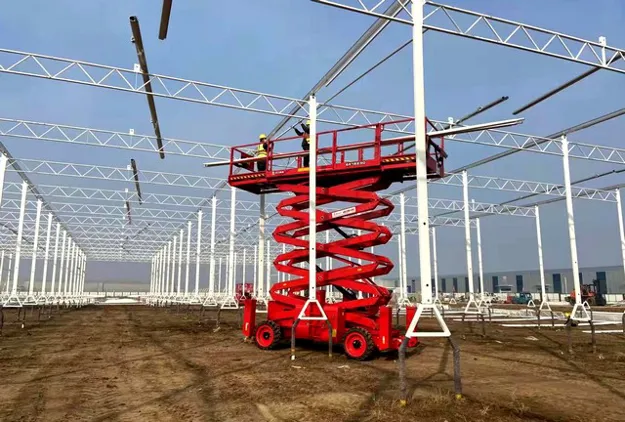
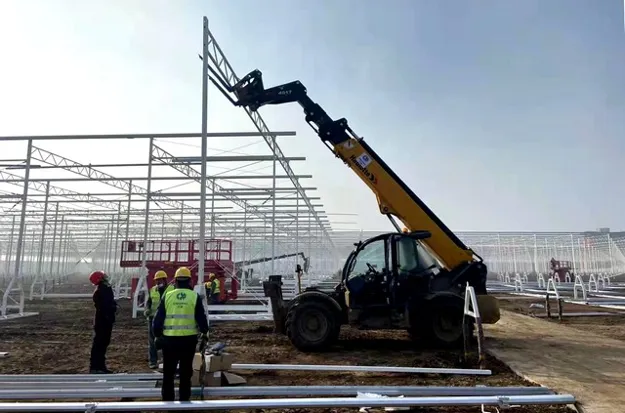
6 decades of R&D
Being erected in the 1950s, Kingpeng has been involved in the agriculture business for more than 60 years. Back then, high-tech greenhouses were not a topic yet – although the history of the Chinese solar greenhouses goes a long way back. Many things have changed since then. By now, after 6 decades of R&D and experience in different types of greenhouses, Kingpeng is the only listed greenhouse company in the Chinese stock market. On top of their activities in China, they’re exporting to more than 50 countries. One of their latest developments is the IV generation of their aluminum greenhouse, roof ventilation and cultivation system, which was launched in 2021.
The Chinese horticultural industry has developed rapidly and still is in full swing. “Due to the great yields and the opportunities in the market, tomatoes and strawberries are currently the most popular greenhouse crops,” the Vice GM of Kingpeng Mr. Liang says, adding that the government helps develop the horticultural industry. “Traditionally, the Chinese government always played a big role in the horticultural history, helping the industry to develop from small-scale individuals to large-scale greenhouse parks.”
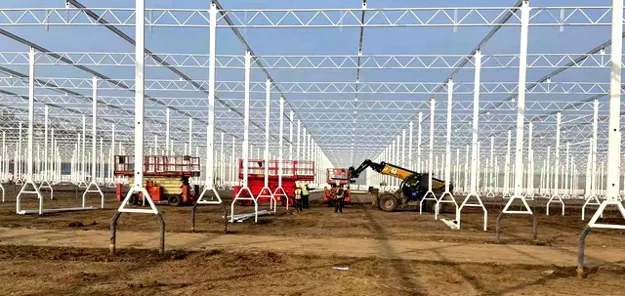
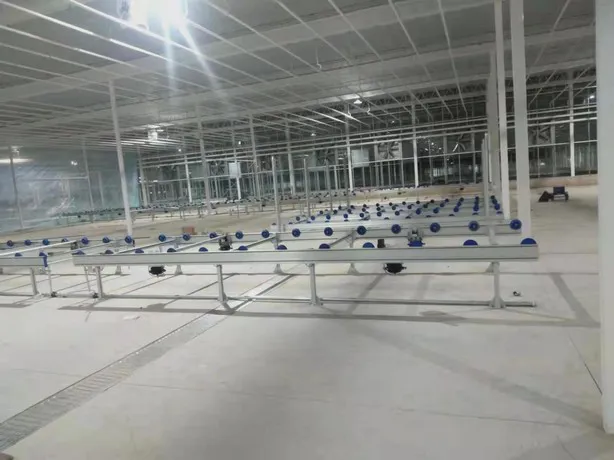
Operational issues
Today’s challenges faced by growers are mainly operational issues: the breeding and cultivation is not optimised yet. That’s why together with the Beijing Agricultural Machinery Institute, Kingpeng jointly created the "Smart Agriculture Cloud Platform", which integrates the Internet, artificial intelligence, cloud computing and Internet of Things technologies. “Together we can help to further solve the problems of greenhouse operations, reducing the difficulty of planting and breeding. This way we help horticultural companies towards a stable, intelligent and precise development of their company.”
Competition in the greenhouse market
As the Chinese market is growing, it attracts interest from more suppliers. “As a leader in the implementation of horticulture in China, we not only face domestic competition, but also face challenges brought by well-known international high-tech suppliers,” Liang says, adding that he is convinced that this competition contributes to a healthy, growing market.
To keep their strong position, Kingpeng focuses on continuously improving their service model. “We believe that companies and organizations helping horticultural businesses with the complete implementation of their project, will have the future. It’s not just about building greenhouses, it’s about realizing successful projects. Therefore we pay a lot of attention to the complete integration of projects: from consulting and planning, R&D and design, installation and construction to the growing itself and the sales of the produce. By focusing on the "whole industry chain" and with our service model, we can help entrepreneurs improving the core competitiveness of their businesses.”
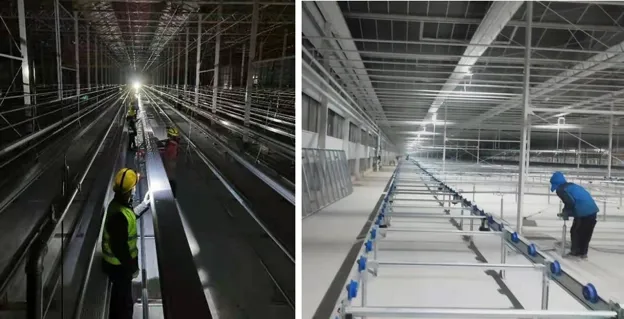
At the same time, Liang believes there are further opportunities to improve the Chinese horticultural industry by further developing the technological level in the industry. “Energy-saving technology, mechanization and automation, crop cultivation and management still need to be further improved, environmental regulations are to be developed. The suppliers can help by investing in research and development of new technologies, new materials and new products. By strengthening the research of the basic theory and standardizing systems, the reliability and usability of the technique will be improved. That way we can move towards higher efficiency, low energy consumption, environmental protection and great outputs.”
For more information: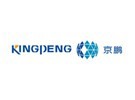 Beijing Kingpeng International Agriculture Corporation
Beijing Kingpeng International Agriculture Corporation
7th floor, Advanced Material Building, Feng Hui Zhong Lu, Haidian District,
Beijing, China, 100094
T: +8658711536
F: +8658711560
[email protected]
www.kingpengintl.com
